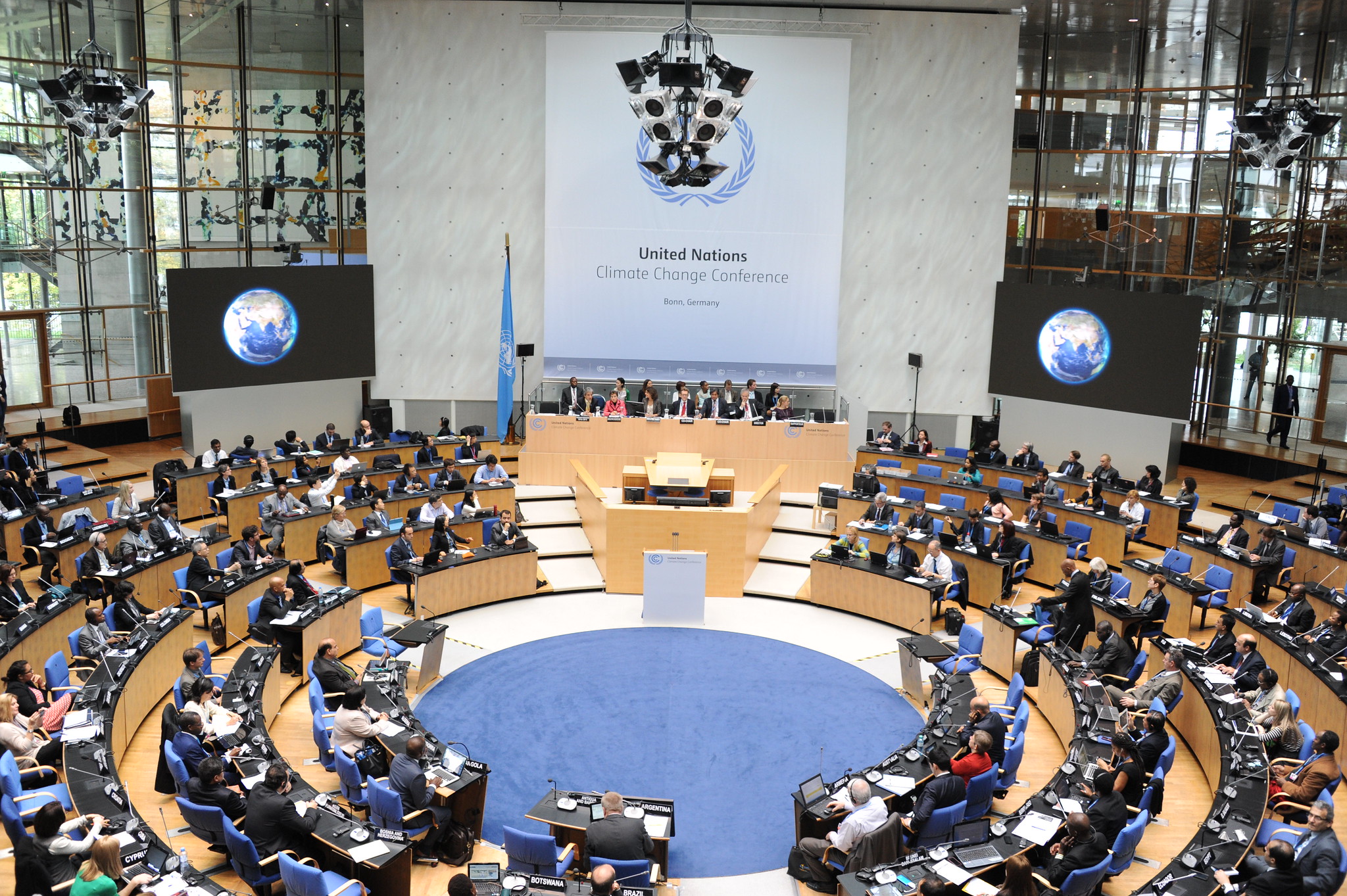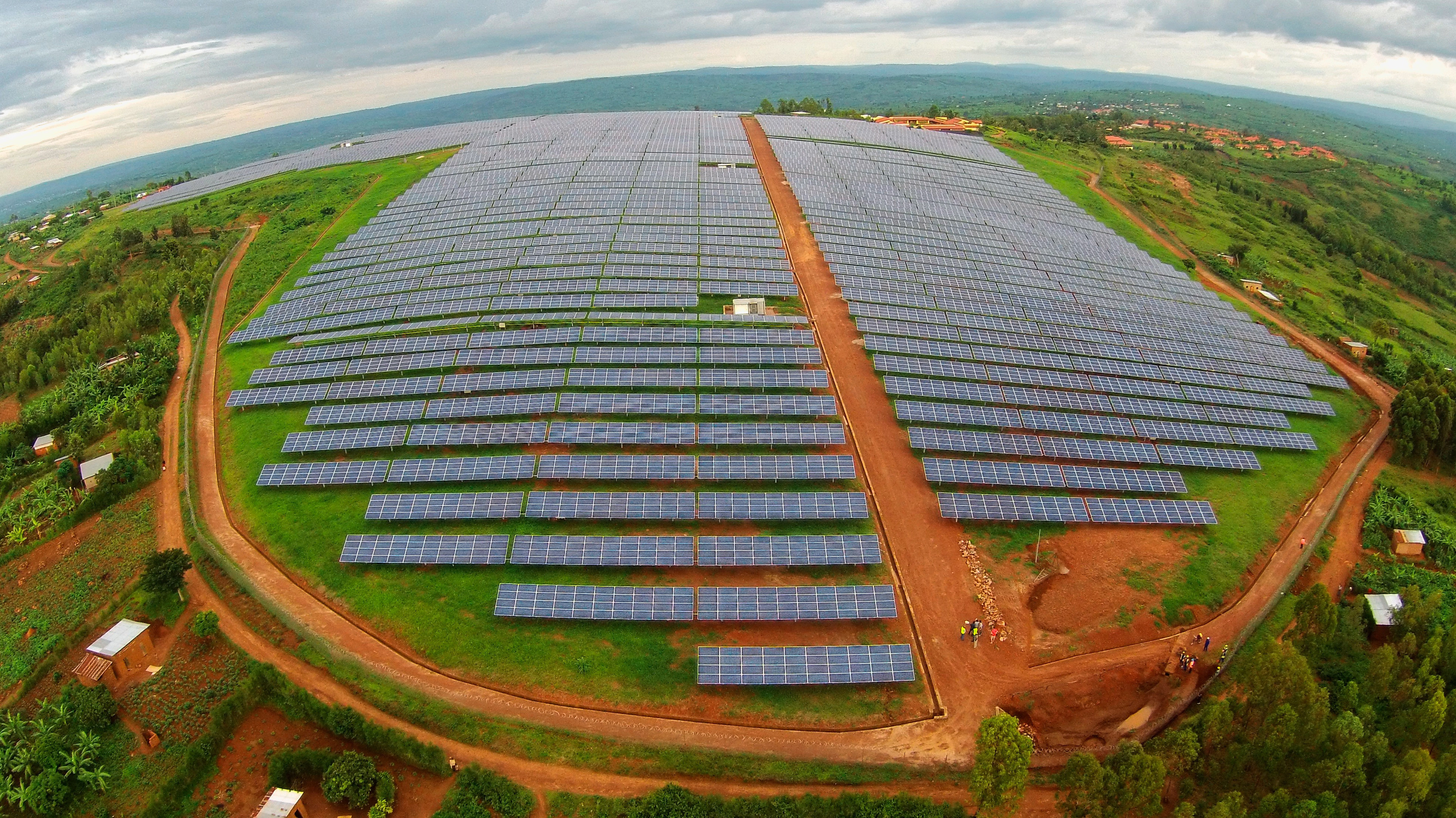The idea of a carbon tax is not new. But a recent call from African leaders for a global price on carbon has renewed debate about the policy. Desné Masie looks at the obstacles to its introduction.
In the Nairobi Declaration, released after September’s Africa Climate Summit, African leaders called for a global carbon tax to help combat global emissions and reduce the effects of climate change.
The Nairobi Declaration declares: “Climate change is the single greatest challenge facing humanity and the single biggest threat to all life on Earth”. It also reiterates the UN’s warning that Africa is warming faster than the rest of the world and, if unabated, climate change will continue to have adverse impacts on African economies and societies.
The declaration makes climate action an urgent political priority and puts setting a price for carbon as one of the most pressing tasks to alleviate its threat.
Carbon pricing and the financialisation of climate policy
Carbon taxes are normally applied to emissions released in the act of producing goods and services. Pollution is considered a negative effect on a third party not directly involved in a transaction and thus is a market failure. Such taxes push up the price of carbon-intensive goods for everyone. Market forces then incentivise decarbonisation and energy efficiency as a way of avoiding the tax and thus making their products cheaper.
Demands for a carbon price, whether through taxes or other policies, presuppose that people will only protect the climate if it affects their bottom line.
Dieter Helm, Professor of Economic Policy at the University of Oxford believes that making polluters pay for the carbon they emit solves two problems facing other climate policies: “It is collective, in that all of us are caught by it, and so there cannot be any free-riding; and it does not rely on moral persuasion”. Helm says the ultimate polluters are all of us: “Who is the polluter who should pay? … It is you and me …we buy the stuff the companies make.”
Kenyan President William Ruto’s rationale behind the declaration’s call for a global carbon tax reinforces this collective approach. He told the Financial Times: “We do not want to say ‘let those guys pay because they are the polluters’. We are saying ‘let’s all pay’, and then let’s have a mechanism where we unlock the biggest value on decarbonisation”.
Unfortunately, we have been here before, and the political will has not been there to make it happen. In the absence of a global tax, the idea of offsetting emissions through trading permits for pollution on carbon markets saw a resurgence since John Kerry resurrected the idea at COP27. However, voluntary carbon markets (VCMs) have struggled to reach the scale required to meet the challenge with a total market cap of just over £1.64bn as of 2021, high volatility, methodology disputes and unregulated financial speculation.
Of the government-run emissions trading schemes (ETS) only the European Union’s 20-year old, £650bn ETS has had any real success. Even there, questions around carbon leakage, market irregularities and injudicious trade measures abound.
The discrepancies in competitiveness and pricing in global carbon trading have been one major factor behind African leaders’ call for a global carbon tax – alongside scaling Africa’s VCM – in the Nairobi Declaration.
Arguments for and against carbon taxation
Placing a price on carbon is an important and urgent policy to support global decarbonisation. The carbon-intensive lifestyles in rich countries – and aspirations for industrialisation in poor countries – are priced much too cheaply. Measures to penalise carbon intensity are the only way to force energy efficiency and innovation. But, as explained above, there is more than one way to price carbon; and taxation – of any variety – is one of the most politically combustible.
No politician, however left-leaning or climate-forward, will introduce new taxes across an economy without evaluating the high electoral cost. Implementing a carbon tax unilaterally will mean that an economy’s lowest earners get squeezed even further, particularly on energy costs. The culture wars and net-zero backlash in countries such as the US and the UK show that a carbon tax is not going to happen without a huge political fight.
Carbon taxes are not just politically expensive, they are expensive, period. African countries may be eyeing the extra revenues they could raise from carbon taxes, but the accompanying welfare subsidies and institutional capacity that have made high carbon taxes possible in policy environments like Sweden will be costly to implement.
According to the United Nations Framework Convention on Climate Change (UNFCCC), 40 national and 25 sub-national jurisdictions have put a price on carbon. “These carbon pricing initiatives cover 8 gigatons of MtCO2e [per metric tonne of carbon dioxide equivalent], which is equal to 15 per cent of global GHG [greenhouse gas] emissions. Of the 46 carbon pricing initiatives underway or planned for implementation, 23 are ETSs, applied mainly across subnational jurisdictions, and 23 are carbon taxes, primarily implemented on the national level.” reports the UNFCCC.
In Africa, the continent’s highest emitter, South Africa, is the only country with a carbon tax. Even with its rate being the world’s lowest carbon price at £6.5/MtCO2e, there are already concerns that it may be too regressive, and industry lobbyists complain that it is too high and hurts competitiveness. The IMF has explained that South Africa underwent a difficult calibration and balancing of issues to introduce its carbon tax, and it is clear from this analysis that a policy mix of measures is unavoidable, particularly where economic inequality is prevalent. By contrast, Sweden’s carbon tax price is £99 – the world’s highest – and was slowly ramped up from the introductory rate of £23 in 1991. China’s price of carbon via its ETS is currently at roughly £7 and the EU ETS all-time high price was roughly £86 earlier this year.
In Africa, carbon taxes should accompany a ramping up of climate finance. The continent receives less than 20 per cent of climate finance allocated globally. Increased capital investment will facilitate the institutional capacity for a joined-up approach to carbon pricing and calibrating to Net Zero alongside green industrialisation. The Nairobi Declaration has specifically contemplated a global tax regime to finance climate action at scale by crowding in and de-risking private capital, including but not limited to financial transactions tax and emission levies.
Carbon taxes should be equitable, incremental, and proportionate. Ideally, they should be implemented as part of a policy mix in concert with other carbon pricing measures that consider renewable infrastructure, income per capita, R&D into innovation, and nature-positive measures.
Photo credit: Climate Centre used with permission CC BY-NC 2.0 DEED





